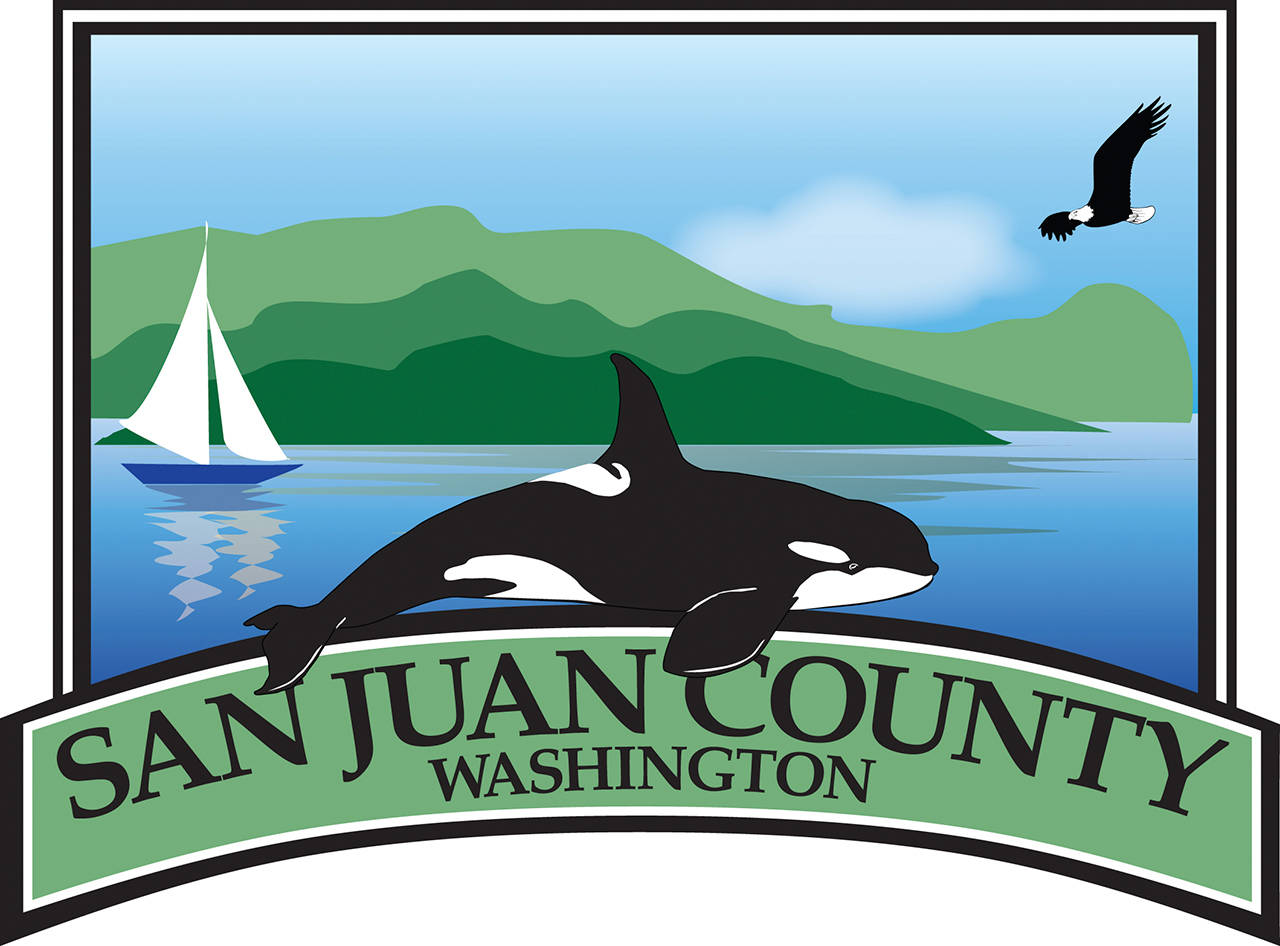The struggles to stop addiction can be heightened on the rural islands of San Juan County.
“A lot of young people, I think wisely, choose not to return to the islands [after treatment] because there are more recovery-related activities and support off island,” said David of Orcas Island.
David requested not to use his last name, as he is one of roughly 70 people who meet regularly on Orcas Island to cope with recovery from alcohol or drug addiction, he said.
In San Juan County, there are no recovery houses for those needing a substance-free place to live after rehab. There are also no inpatient treatment facilities for those suffering from chemical dependency or mental health issues. Inpatient treatment involves overnight care.
Staff at a regional organization that funds San Juan County behavioral health services is looking for solutions to bring in-house treatment closer to home. North Sound Behavioral Health Organization’s plan is to finance two initiatives: a chemical dependency recovery house in San Juan County and a facility in Oak Harbor on Whidbey Island that would offer mental health and detox treatment. The latter type of treatment center is called a crisis triage facility.
North Sound Behavioral Health Organization Executive Director Joe Valentine said San Juan County’s small population would not support the need for a local mental health treatment facility. A recovery house is more feasible on the islands, he said, because those patients would be housed for smaller durations than those with mental health issues.
According to Valentine, a recovery house is a temporary place patients can stay, while receiving treatment and professional support, away from the possible pressures to use drugs or alcohol. Usually, patients stay in recovery houses after undergoing detox treatment at a different facility.
On rural islands, the ability to relapse after detox is magnified by the few places to avoid peer pressure, as well as limited health services.
“Clearly, on an island, there are fewer providers than on the mainland,” said Valentine. “In a way, it’s more critical to have support and an environment to get stabilized.”
North Sound Behavioral Health Organization dispenses state and federal funds for mental health and chemical dependency projects in five counties, including San Juan. Staff requested monies for the Oak Harbor facility in the 2017-19 state capital budget and plans to ask for monies to support a recovery house in each of the following counties in the 2019-21 state capital budget: San Juan, Snohomish, Skagit, Island, and Whatcom.
Instead of a traditional recovery house, David said he and other Orcas Island residents are studying what he calls “two-way transitional housing.” This type of housing would provide a safe place for patients waiting to receive residential detox treatment off the island, as well as supervised housing when they return.
Upon return, patients would stay in the house for about a month, while caseworkers and adult mentors help them seek permanent housing and further their skills to find employment. The temporary housing would allow more people to benefit from the program than a traditional recovery house, where inhabitants stay longer, said David.
“A [typical] recovery house isolates addicts, but this program allows you to connect with volunteers to integrate you into the community,” he said.
According to Barbara Starr, program manager of Friday Harbor’s Compass Health, the closest inpatient psychiatric unit to the county is in Mount Vernon and the closest detox unit is in Bellingham.
A ferry ride from the San Juan Islands to the mainland of Washington can take 30 minutes to an hour and a half, depending on the departing island and number of stops on the route. Mount Vernon and Oak Harbor are about 30 minutes from the mainland’s ferry terminal and Bellingham is about an hour.
Compass Health is a private, nonprofit behavioral health agency that provides outpatient mental health and substance use disorder services in San Juan County. Services include referrals to residential treatment off the islands.
However, leaving the islands for care, said Starr, can be too costly and logistically difficult, especially for those without transportation.
“Getting to facilities is always complicated,” said Starr. “It provides a barrier to service.”
If patients are considered a danger to themselves, others, or property, San Juan County Sheriff Ron Krebs said law enforcement transports patients to facilities that are equipped to serve them off the island.
According to a representative from PeaceHealth’s Peace Island Medical Center on San Juan Island, the hospital staff sees three to five patients a week who require behavioral health services, though not necessarily for inpatient treatment. Patients can stay overnight at PIMC, but the staff is not equipped to offer overnight treatment for those suffering from behavioral health crises.
The University of Washington clinics on Orcas and Lopez Islands staff does not offer inpatient treatment for any services.
In addition to the support provided by North Sound Behavioral Health Organization, a 0.078 percent tax on county sales can fund certain local mental health or chemical dependency projects. County staff has yet to determine if a recovery house could be funded with this revenue, said Barbara LaBrash, the human services manager at San Juan County Health and Community Services.
The sales tax was enacted in 2005 by the Washington Legislature, and, two years later, the San Juan County Council established a task force to implement a public process to dispense funds. In 2017, it collected $561,906. It supports such services on San Juan, Orcas and Lopez Islands as school-based mental health programs and short-term mental health counseling services at family resource centers.
For outpatient behavioral health services in the county, contact Compass Health at 360-378-2669. Those in need can also contact the 24-hour mental health crisis line at 1-800-584-3578 or crisis chat at www.imhurting.org.



